Economic analysis showcases $149 million potential for emerging Nova Scotia kelp farming and product sector
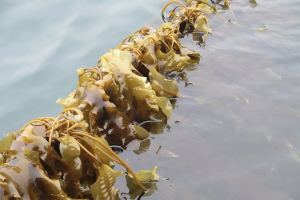
The Ecology Action Centre (EAC) has released a new market assessment report that suggests the kelp farming and product sector in Nova Scotia has the potential to dramatically increase in value in three to five years.
The analysis concludes that Nova Scotia is in a unique position to realize values of CAD $38 million (U.S. $28 million) of farmed and processed kelp, a further $20 million (U.S. $14 million) related to local economic activity and up to $149 million (U.S. $110 million) in consumer and personal care products.
This projection is grounded on a modest objective to secure 35 percent of the Canadian market and 5 percent of the U.S. market. The emphasis is on consumer food, health and beauty products within these markets, specifically targeting products that either already contain kelp or can readily substitute an ingredient with Nova Scotia kelp.
“Nova Scotia is well positioned to gain a significant share of the North American cultivated kelp market,” said Arlin Wasserman, managing director of Changing Tastes, a management and strategy consultancy working in the sustainable food sector that undertook the analysis. “It has the advantage of coastal communities that are well suited for this regenerative ocean farming along with the established industry to support processing. With the work starting now, Nova Scotia can also gain an even larger share by being among the first to establish its farmed kelp industry, and in developing and marketing new varieties, ingredients and uses while others are just getting started.”
The EAC commissioned the analysis as part of their Kelp Kurious project, which aims to support a kelp sea farming and products sector led by independent growers and small to medium businesses as an opportunity in the green, regenerative economy of the future.
“This report provides valuable insights and a strategic roadmap for building this sector in a way that is sustainable and benefits as many communities as possible,” said Shannon Arnold, marine program associate director with the EAC. “At the moment, it can take several years for small-scale entrepreneurs to get permits, and so we’re urging the government to move quickly on its promise to ‘right-size’ the regulations for regenerative sea farming like seaweed and shellfish. Nova Scotia needs fit-for-purpose regulations that protect marine ecosystems and get folks on the water faster, or we risk being left behind by other jurisdictions that are keen on kelp.”
Follow the Advocate on Twitter @GSA_Advocate
Now that you've reached the end of the article ...
… please consider supporting GSA’s mission to advance responsible seafood practices through education, advocacy and third-party assurances. The Advocate aims to document the evolution of responsible seafood practices and share the expansive knowledge of our vast network of contributors.
By becoming a Global Seafood Alliance member, you’re ensuring that all of the pre-competitive work we do through member benefits, resources and events can continue. Individual membership costs just $50 a year.
Not a GSA member? Join us.
Author
-
Responsible Seafood Advocate
[103,114,111,46,100,111,111,102,97,101,115,108,97,98,111,108,103,64,114,111,116,105,100,101]
Tagged With
Related Posts
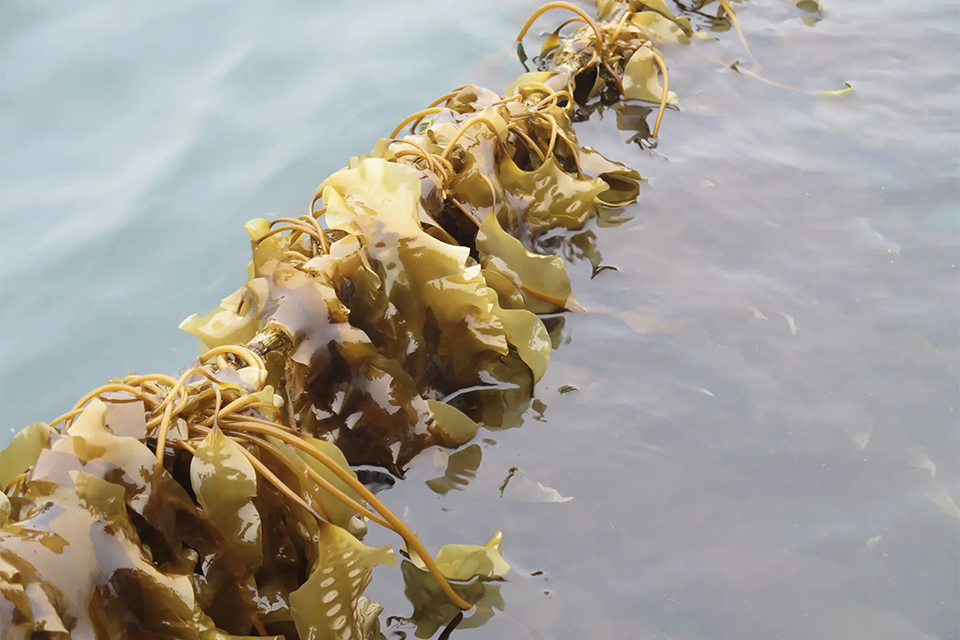
Responsibility
Can kelp farming fix the planet? Experts weigh in on promises and pitfalls
How can kelp farming help solve global challenges? A panel of seaweed experts discussed promises, pitfalls and knowledge gaps.
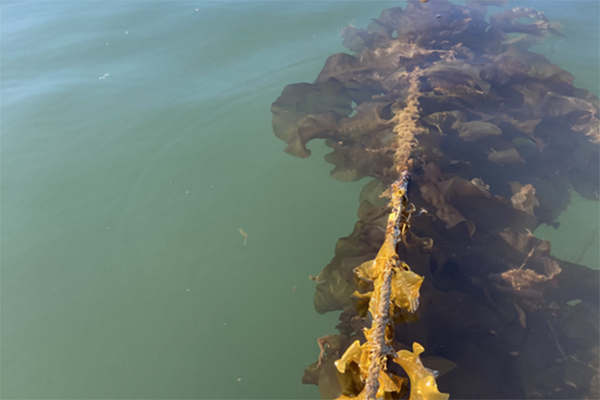
Responsibility
Kelp farms believed to help reduce coastal marine pollution
The water-filtering abilities of kelp farms could help reduce marine pollution in coastal areas, according to a new study.
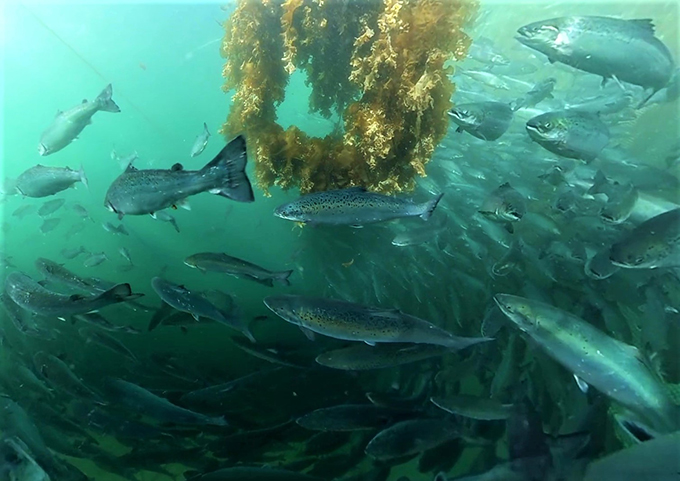
Responsibility
Could cultivating kelp forests in salmon pens help ‘future-proof’ the sector?
KelpRing has received funding to explore the possible benefits of installing kelp forests within salmon pens to benefit cleaner fish.
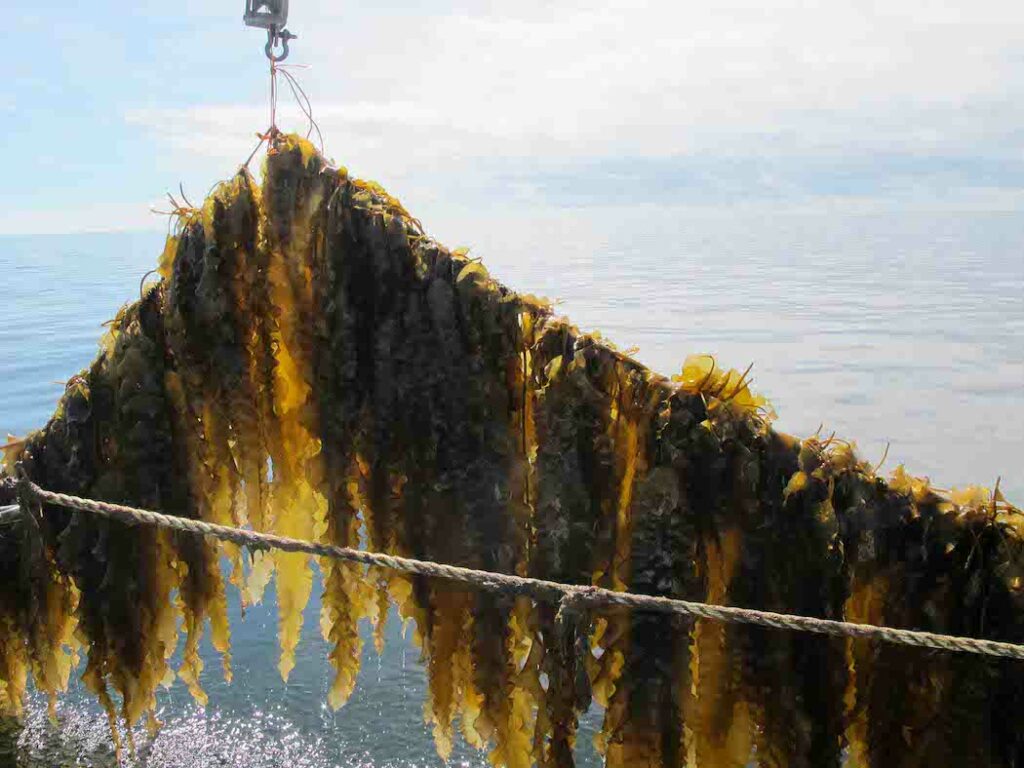
Responsibility
Pilot project cultivating kelp on shellfish leases demonstrates ‘extraordinary’ first year growth
A pilot project led by the Aquaculture Association of Nova Scotia has shown first-year success for cultivating kelp on shellfish leases in Nova Scotia.



